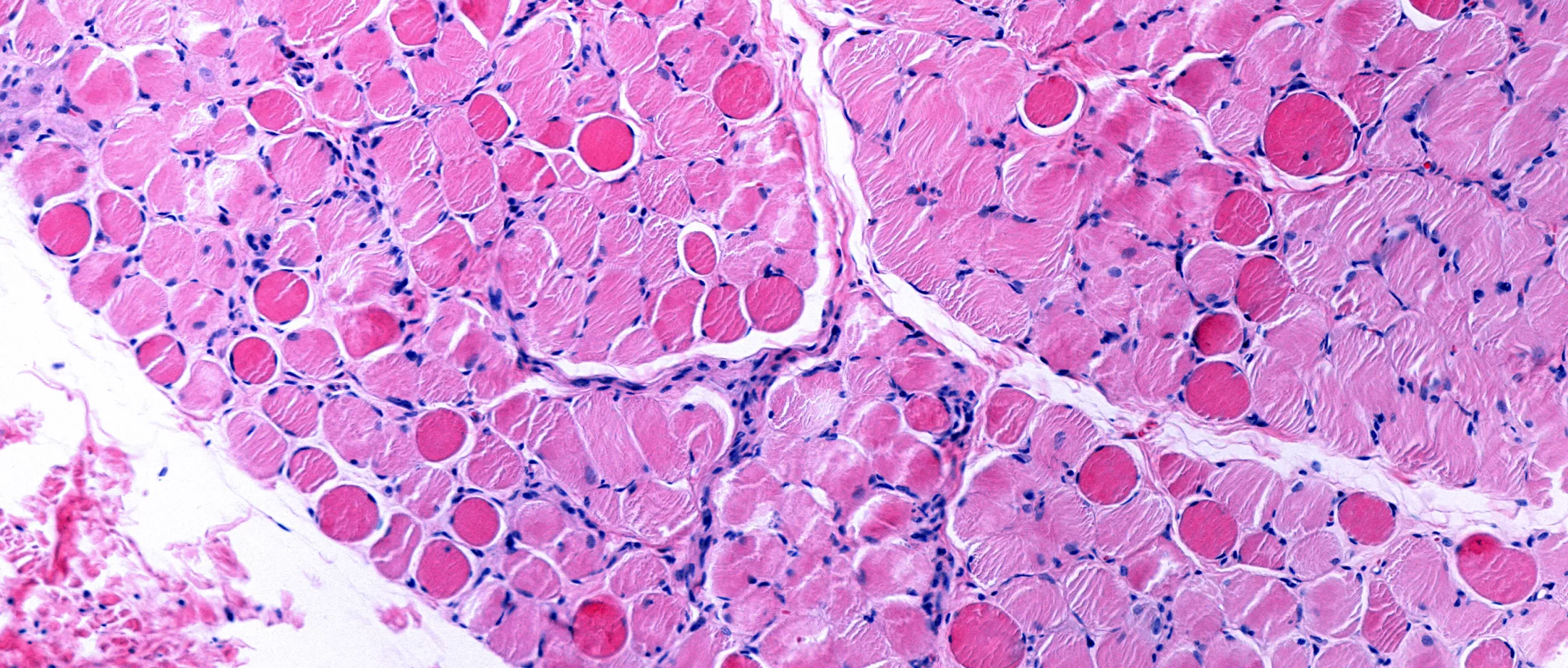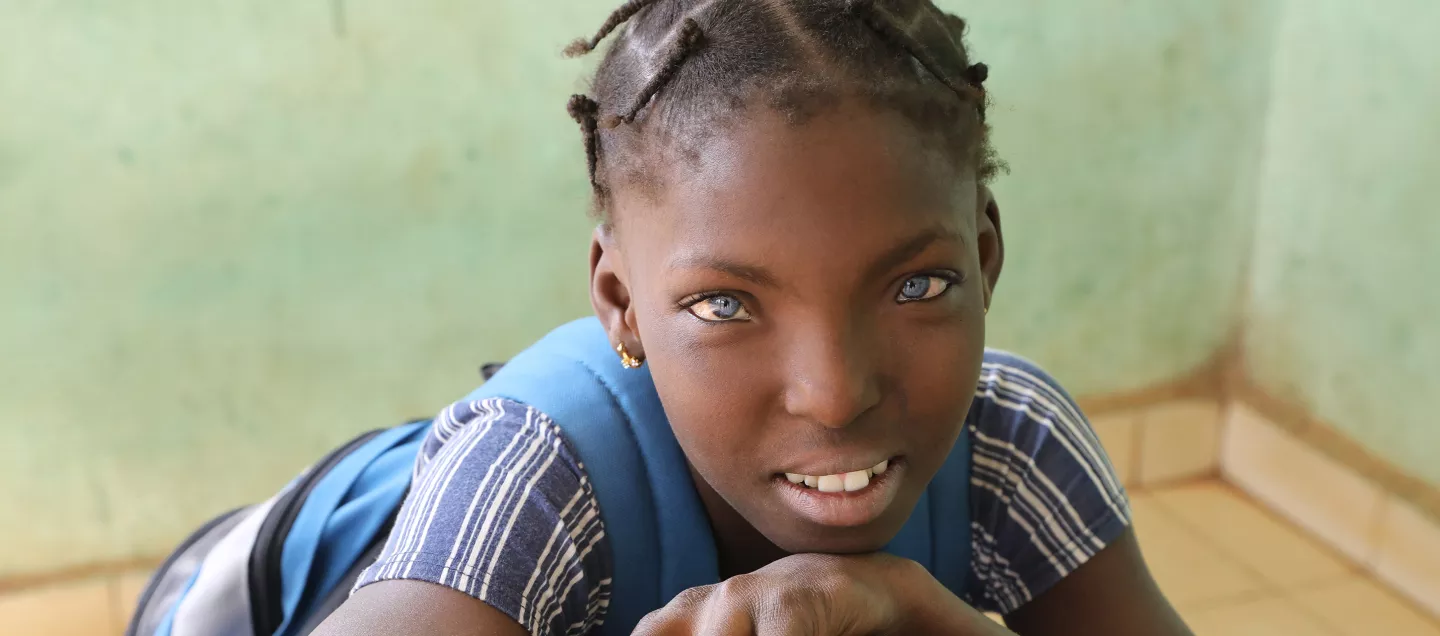About Disorders Affecting Muscles
Inherited neuromuscular disorders are a group of rare genetic conditions that affect muscles, peripheral nerves, motor neurons and neuromuscular junctions. They are characterized by progressive muscle degeneration and weakness due to genetic changes that impair muscle function. Congenital myasthenic syndromes represent a group of inherited neuromuscular transmission disorders associated with muscle weakness and exercise intolerance. Motor neuron diseases, such as spinal muscular atrophy, can be associated with motor neuron degeneration and progressive muscle weakness. Multiple organs are often affected, necessitating a multidisciplinary approach to care.
Inherited neurodegenerative disorders comprise a group of rare genetic conditions caused by progressive damage and loss of nerve cells, which may be due to mutations in certain genes. These diseases often manifest later in life even though their underpinnings may begin in the earlier stages of the lifespan. Neurodegenerative multisystem diseases, such as spinocerebellar ataxia and ataxia-telangiectasia, can cause cerebellar ataxia and peripheral neuropathy, affecting gait stability, eye movement and speech.
Muscular dystrophies are a subgroup of genetic neuromuscular diseases associated with progressive skeletal muscle weakness and degeneration that often worsen over time. Some of these diseases can be congenital or appear in early childhood. They can progress to severe muscle weakness and atrophy, necessitating the use of a wheelchair by adolescence. Other organs, such as the heart, lung and gut muscles, can also be involved.
Myopathies are genetic diseases that affect skeletal muscle and are characterized by muscle weakness and joint stiffness. Congenital myopathies, such as nemaline myopathy or central core myopathy, are generally present at birth. Symptoms include muscle weakness and diminished muscle tone, weakness in breathing and swallowing, skeletal abnormalities and impaired speech. Metabolic myopathies are a group of rare disorders that affect glycogen and muscular lipid metabolism resulting in impaired energy production in skeletal muscle. They include primary mitochondrial myopathies and can be associated with muscle weakness or premature muscle fatigue with exercise.
Advanced Screening, Diagnostics & Treatments
Our multidisciplinary team of world-renowned experts specializes in the prevention, early detection and treatment of rare neuromuscular disorders. We offer comprehensive, personalized care focused on preserving neurologic function and optimizing health and quality of life, including enabling floppy babies to take their first steps. We use the latest diagnostics, including massively parallel sequencing, muscle biopsy, as well as advanced electrodiagnostic, neuroimaging and neuropathologic testing, to facilitate precision medicine treatment plans and offer access to revolutionary advances in stem cell and gene therapy.
We’re ranked in the top 1% of all hospitals in the nation for orthopedics, neurology and neurosurgery, according to U.S. News & World Report.

Learn More About Disorders Affecting Muscles
Receiving a diagnosis of a rare disorder affecting muscles, or being at risk for or suspected of having one, can feel overwhelming, but learning more about the diagnosis can help you navigate treatment and care. Visit the links below to learn more about some of the different types of rare disorders, their causes, and associated symptoms as well as screening and treatment options. This list includes a selection of rare disorders affecting muscles. Schedule a consultation with us for diagnosis and treatment options for these or any other rare conditions.
Muscular Dystrophy
Myopathy
Neuromuscular / Neurodegenerative
Neuromuscular Unit of Pediatric Neurology
ADAM Aerodigestive Program at Montefiore Einstein
Pediatric Medical Genetics Clinic
Inherited Metabolic Disorders Program
Image courtesy Positive Exposure in collaboration with the Wilhelm Foundation.



